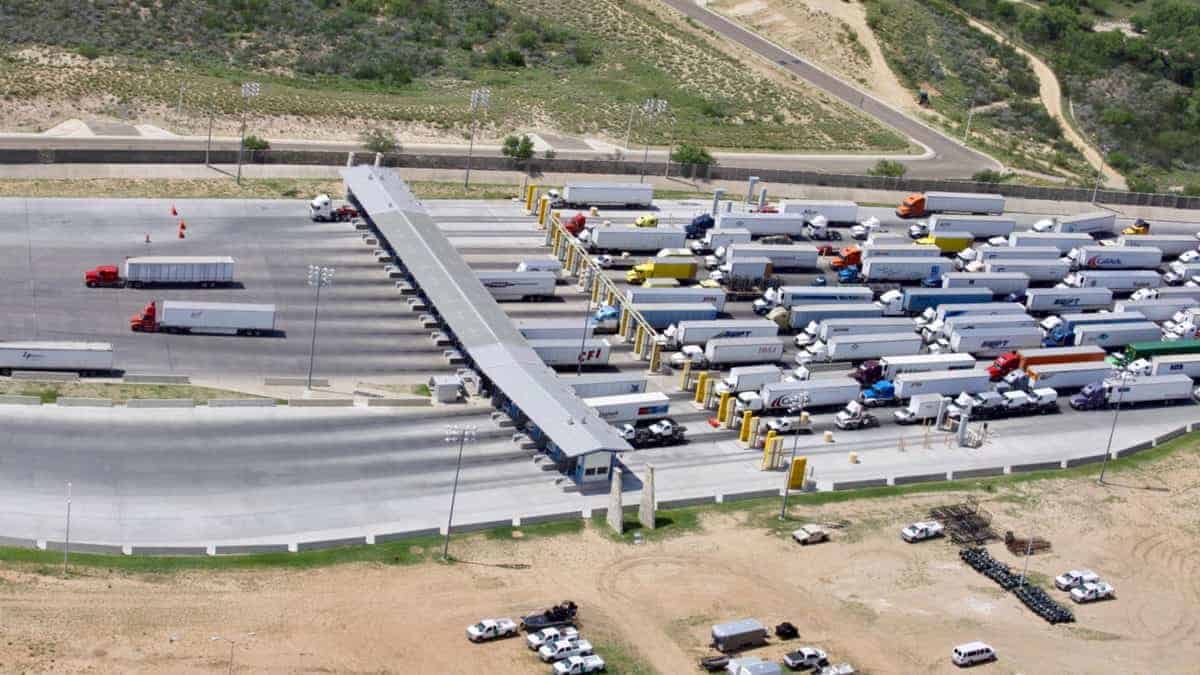In this piece we lay out our bull case for North American economic integration and cross-border trade.
We begin with a section that focuses on renewed challenges to complex global supply chains, including increased geopolitical risk, Environmental, Social and Governance (ESG) concerns, a new emphasis on resilience, and the responsiveness that supply chains must have to compete for 21st century consumers.
The second section focuses on our specific North American thesis. North American energy infrastructure has become increasingly integrated in the past 15 years, which has unlocked growth in multiple industries, including U.S. chemicals and Mexican automotive. Meanwhile, the frenetic construction of refrigerated warehousing in the U.S. has powered growth in the food trade between the North American nations. In our view, these three industries – automotive, chemicals broadly conceived, and food – are dependent on deeply embedded regional supply chains, are all growing and will drive further growth in cross-border North American trade.
The new USMCA regulatory framework and ongoing investment in cross-border transportation infrastructure will accelerate already existing trends. As such, we are bullish on North American cross-border trade for years to come.
Members Only
You have selected content that's only available to members of FreightWaves Passport. As a member, you gain immediate access to the most in-depth and informative freight research available. It's your gateway to continuing education.
Members also get:
- Access to exclusive community dedicated to discussing the most important challenges facing freight.
- Monthly and Quarterly Freight Market reports keeping you informed of industry trends.
- Much, much more!
Click below to learn more and sign up today!
Subscribe
Existing Passport subscribers may log in using the form below.





